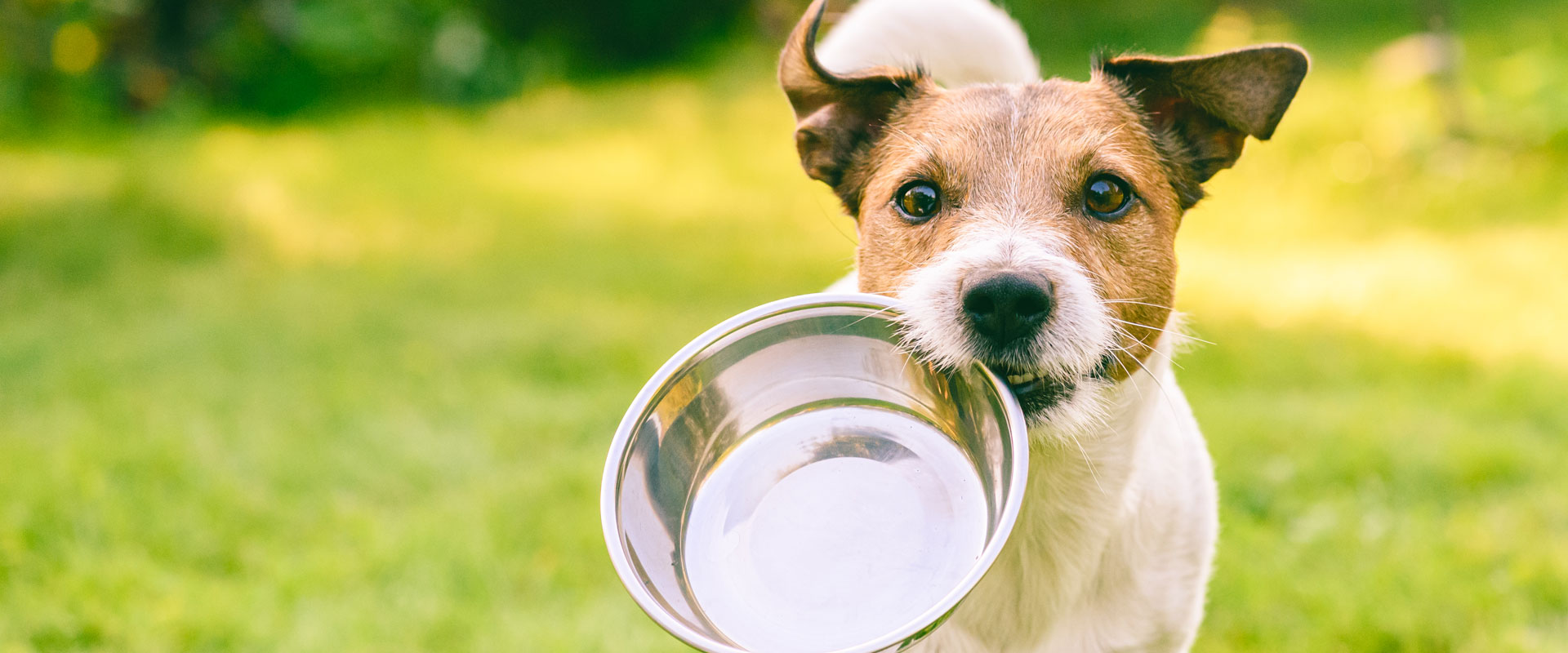Keeping Your Pet Healthy: The Importance of Pet Obesity Awareness and Nutritional Counseling
As a pet owner, you love your furry friend and want to ensure that they live a long, healthy life. One of the most important aspects of your pet’s health is their diet and weight. Unfortunately, obesity in pets is becoming increasingly common, and it can lead to a variety of health problems, including joint pain, heart disease, and diabetes. In this blog, we will discuss the importance of obesity awareness in your pets, tips for detecting if your pet is overweight, and treatment options to help get your pet healthy.
The Importance of Spreading Awareness About Pet Obesity
According to the Association for Pet Obesity Prevention, over 60% of cats and 56% of dogs in the United States are overweight or obese. These statistics are alarming, as obesity can lead to a variety of health problems for pets, including joint pain, respiratory issues, and even cancer.
As a pet owner, it’s essential to pay attention to your pet’s weight and body condition score. Regular check-ups with your veterinarian can help detect any weight gain or loss, and they can provide guidance on how to maintain a healthy weight for your pet.
Tips for Detecting If Your Pet Is Overweight
It’s not always easy to tell if your pet is overweight, especially if you see them every day. Here are some tips to help you decide if your pet may be overweight:
Use the Body Condition Score (BCS) system
The BCS system is a scale used by veterinarians to assess a pet’s body fat percentage. It ranges from 1 (emaciated) to 9 (morbidly obese), with a score of 5 being ideal.
Look for signs of excess fat
If your pet has a sagging belly or rolls of fat around their neck or hips, they may be overweight.
Weigh your pet regularly
Regular weigh-ins can help you keep track of your pet’s weight and detect any changes.
Treatment Options for Overweight Pets
If your pet is overweight, it’s essential to take action to help them lose weight and get healthy. Here are some tips for helping your pet lose weight:
Increase their exercise
Regular exercise can help your pet burn calories and maintain a healthy weight.
Change their diet
Switching to a low-calorie, high-fiber diet can help your pet feel full while consuming fewer calories. Seek Nutritional Counseling from your Veterinarian f.
Monitor their progress
Regular weigh-ins and body condition score assessments can help you track your pet’s progress and make adjustments to their diet and exercise as needed.
Nutritional Counseling At Capital Home Veterinary Care, in Richmond Virginia
Obesity in pets is a serious health issue that can lead to a variety of health problems. As a pet owner, it’s essential to pay attention to your pet’s weight and body condition score and take action to help them maintain a healthy weight.
If you’re struggling to help your pet lose weight, Nutritional Counseling can be a great option. At Capital Home Veterinary Care, we offer personalized nutritional counseling to help pets achieve and maintain a healthy weight. Our team of experienced veterinarians can help you develop a customized diet and exercise plan for your pet, as well as provide guidance and support throughout the weight loss journey. Call to schedule an appointment today!

